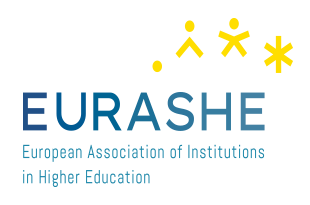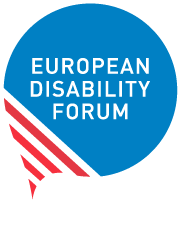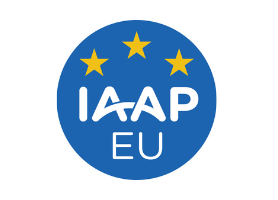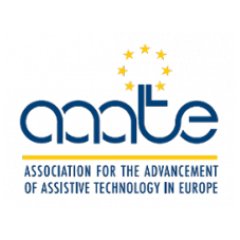Bringing Accessibility and Design for All
into Higher Education Curricula

We aim to transform the HE sector and to offer students education that will include knowledge on accessibility. This will lead to new approaches in various professions to build a more inclusive society.
MISSION
Develop a set ofrecommendations on how to
integrate Accessibility and
Design for All into the Higher
Education curricula
VISION
Promote equal opportunitiesand social inclusion of persons
with disabilities
GOALS
Support the higher educationsector in becoming more
interconnected, innovative and inclusive
Work transnationally, across
countries and sectors
ATHENA responds fully to one of the main Erasmus+ programme priorities: Inclusion and Diversity. By developing a set of recommendations on integrating accessibility and design for all into the HE curricula, we want to make another step forward in promoting equal opportunities, access and social inclusion of people with disabilities.
The leading principle of Erasmus+ is to address “equal opportunities and access, inclusion, diversity and fairness across all its actions”. ATHENA addresses this objective for one of the most marginalised and excluded groups over the last centuries - people with disabilities. The potential of digital technologies for personalisation and adaptation of interaction opens a unique possibility for people with disabilities.
To exploit the digital potential for equal opportunities and access, inclusion, diversity and fairness across all actions, accessibility has to be treated as a basic human right in the digital society.
Partners
The project is leading by EDF working together with the following partners:




![]()

Associated Partners
Funded by the European Union. Views and opinions expressed are however those of the author(s) only and do not necessarily reflect those of the European Union or the European Education and Culture Executive Agency (EACEA). Neither the European Union nor EACEA can be held responsible for them.

